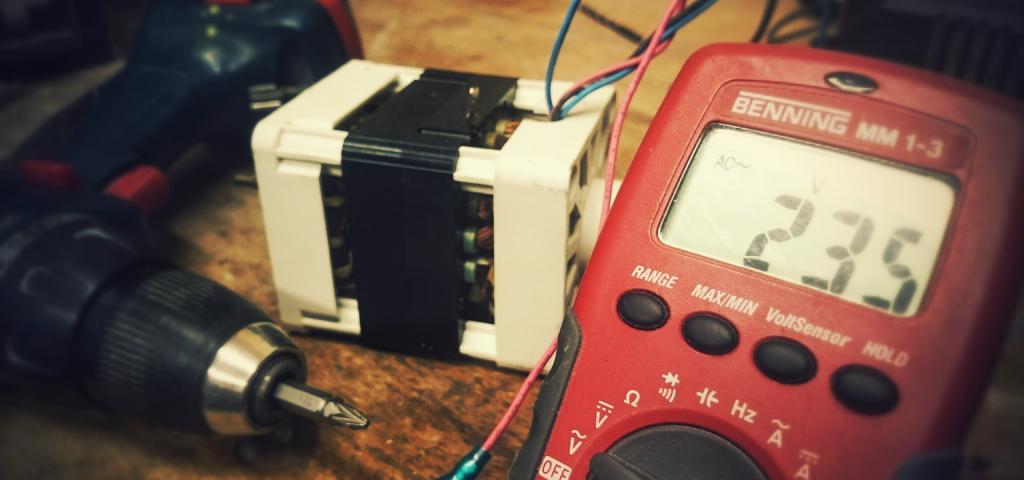When choosing an electrician to carry out work on your home – whether it's to fix a single light switch or to overhaul all of your electricals, from fuse box to thermostat – make sure they are registered.
It's easy to overlook checking up on an electrician where they have been recommended by a friend or relative. We're sometimes so inclined to trust our loved ones that it overrides our natural concern and suspicion, even where this is to our disadvantage.
One person in the UK dies from an electrical accident every week, and faulty electricals cause more than half of all house fires. Research from the Huffington Post suggests that the injury toll is as many as 350,000 per year.
In spite of these statistics, the number of rogue electricians is on the rise. The UK economy has still not fully recovered from the recession of 2007/8, and in the wake of the Brexit result, our savings are precarious indeed. Many homeowners opt for rogue electricians because they see them as better value, or as somehow more economical, when in reality the opposite is the case.
By using a rogue electrician, you jeopardise all of your possessions, including your home, and, tragically, the loved ones within it. One single spark from a frayed copper wire is all it takes to kindle a carpet and convert your home to a pile of smouldering embers. One-third of registered electricians in 2014 noted an increase in this sort of sub-standard and potentially dangerous work, which should give pause to those who value their homes and possessions.
Because such costs are not as immediately apparent as, say, a rupture of the £3,000 boiler you just bought, people are less wary about hiring rogue electricians than rogue central heating engineers.
As surveys show, the costs are far from negligible. Rogue traders cost Britons £1.9bn in 2014, and a trip to the small claims court could have you wasting precious time over such a trivial point of justice that you eventually give up.
Although small claims courts exist to pursue claims of up to £5,000, the amount of paperwork and correspondence involved can be onerous, and since neither side can claim legal costs from the other, you always stand to lose more than you gain.
Moreover, since rogue traders can be slippery, some will simply shrug off a verdict that goes against them, even though an adverse judgement can stay on their record for up to six years. In this case, even if you win, you cannot recover the costs of using a rogue electrician.
The Registered Competent Person Mark is the official standard for checking whether your electrician is registered or not. It was introduced by Electrical Safety First, a registered UK charity that works with central and local government to ensure safe practices across the electrical industry.
In addition to this, there are other websites such as the NICEIC, that can tell you whether an electrician is registered or not. Because checks are relatively simple to carry out by comparison with how much you stand to lose, a good idea is to make use of multiple checks to ensure you get a good quality of service.
While it can help to identify signs that an electrician is a cowboy, such as a refusal to give out a landline number, or extremely cheap quotes and estimates, the best policy is to ignore this kind of scrutiny altogether. Non-registered electricians will not necessarily drive around in unmarked vehicles, nor will they always ask for cash up front. Be sure to check regardless of your own suspicions, since the smoothest talkers often tend to be the biggest liars, and a true cowboy is unlikely to come complete with a six-shooter, lasso and a set of spurs for you to identify.
A good way of finding local recommendations that are more trustworthy than word of mouth is to use the postcode search at the Trading Standards website. By finding your local office, you can get quality advice from hundreds of service users, along with contact details such as landline numbers, addresses, and linked websites.
Trust Local has many electricians registered, who have all been vetted to ensure they are safe and trustworthy to use.
Electicians
Electrical Safety





